You offer deep conditioning treatments, but are they truly working? Many salon owners unknowingly make mistakes that prevent hair from getting the moisture and repair it needs. If your clients still struggle with dryness and breakage, it’s time to rethink your approach! Let’s break down the science of deep conditioning and how to get real, lasting results.
A Salon Owner’s Frustration: “Why Isn’t This Working?”
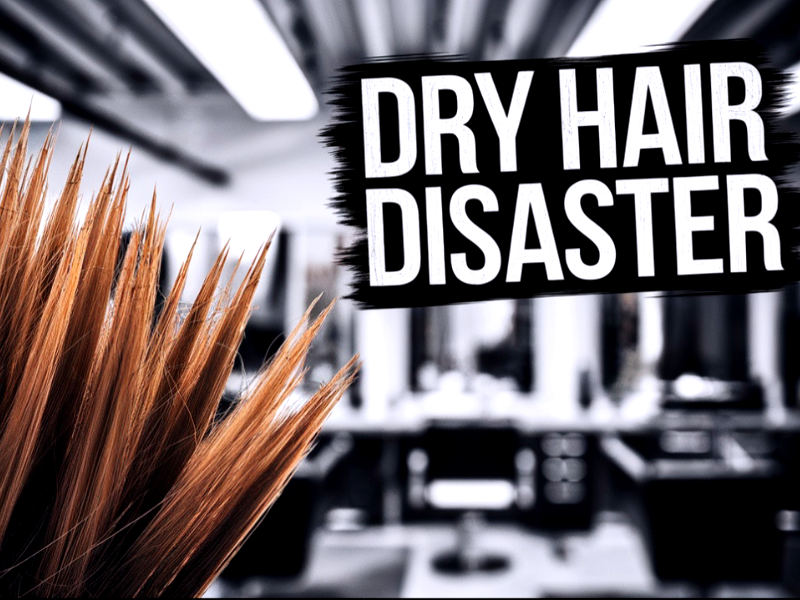
Every stylist has experienced this moment: A client returns to the salon complaining that their hair is still dry, brittle, and unmanageable—despite using salon-quality deep conditioning treatments. You’ve tried different products, extended treatment times, and recommended aftercare, but nothing seems to provide lasting hydration. What’s going wrong?
The truth is, deep conditioning alone isn’t enough to fix dry hair. There are hidden factors preventing moisture from penetrating and staying locked in. Understanding these roadblocks and making a few key adjustments to your process can dramatically improve your clients’ results. Let’s dive into why deep conditioning treatments sometimes fail—and how to make them work better than ever.
When Clients Blame the Products (And Why They Might Be Right)
Clients often assume their deep conditioner isn’t working because they picked the wrong product. “This conditioner just doesn’t work for my hair” is a common complaint. While product formulation does play a role, it’s usually not the full story. Even the best conditioners can be ineffective if they’re not applied correctly or if external factors work against them.
As a salon professional, it’s important to educate your clients about how deep conditioning works. If they’re dealing with chronic dryness, the problem may not be the conditioner itself but rather an issue with their hair’s ability to absorb and retain moisture. That’s where professional knowledge and high-performance vegan haircare can make a huge difference.
The Invisible Barrier: Why Hair Rejects Moisture
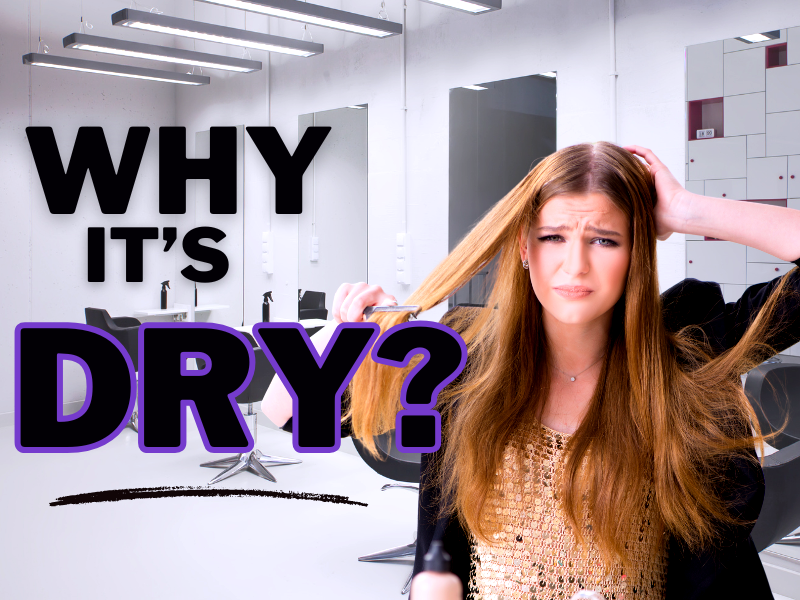
If deep conditioning treatments aren’t providing long-lasting hydration, the hair might have an invisible barrier blocking moisture penetration. Common culprits include product buildup, hard water minerals, and damaged cuticles that prevent proper absorption. These factors make it difficult for even the best deep conditioners to do their job.
Clarifying the hair before deep conditioning is essential for removing buildup and allowing moisture to penetrate. Using a gentle, sulfate-free clarifying treatment before applying deep conditioner ensures the hair shaft is open and ready to absorb nutrients. Without this step, conditioning treatments may sit on top of the hair instead of truly hydrating it.
Silicones, Sulfates & Hidden Moisture Zappers
Many mainstream deep conditioners contain silicones that coat the hair to create an artificial sense of smoothness. While this might feel great initially, these ingredients don’t hydrate—they just seal the cuticle, potentially locking out real moisture. Over time, this buildup can lead to drier, weaker hair.
Sulfates in shampoos are another major issue. These harsh detergents strip the hair of natural oils, creating a cycle of dryness that even deep conditioning can’t fully fix. By switching to sulfate-free, vegan formulas rich in plant-based ingredients, you ensure that moisture isn’t being stripped away before conditioning treatments even begin.
The Overlooked Step: Is Your Wash Routine Ruining Deep Conditioning?

A harsh shampoo before conditioning can strip away natural oils and disrupt the scalp’s balance, making it nearly impossible for deep conditioners to work properly. Many clients (and even some stylists) don’t realize that using the wrong shampoo can completely sabotage their deep conditioning routine.
To maximize hydration, hair should be cleansed with a gentle, pH-balanced, sulfate-free shampoo before deep conditioning. This allows the cuticle to remain slightly open, making it easier for moisture to penetrate. Following up with a lightweight, silicone-free conditioner helps seal in hydration without creating buildup.
More Isn’t Always Better: The Truth About Deep Conditioning Frequency
Many clients assume that if their hair is dry, they should deep condition more often. However, over-conditioning can backfire, leading to moisture overload. Too much hydration without the right balance of protein can make hair limp, weak, and prone to breakage.
The ideal deep conditioning frequency depends on hair type. Fine hair may only need deep conditioning once a week, while thicker, coarser textures benefit from more frequent treatments. A balanced approach—alternating between moisture and protein-based treatments—ensures the hair stays strong, healthy, and hydrated without becoming over-saturated.
Heat or No Heat? The Right Way to Deep Condition
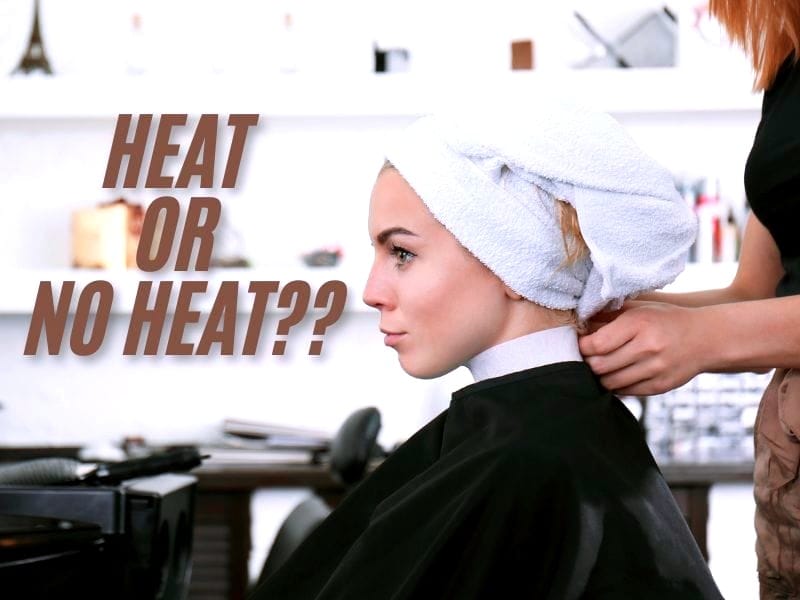
Heat is often recommended for deep conditioning because it helps open the cuticle and allows treatments to penetrate. However, using too much heat or the wrong type of heat can cause more harm than good. Clients who use direct heat from hooded dryers or steamers should be mindful of how much exposure their hair gets.
The best way to use heat is with a warm towel or a thermal cap, which gently raises the hair’s temperature without excessive drying. If heat is overused, the hair cuticle can become permanently damaged, leading to increased porosity and moisture loss. A controlled, moderate approach helps retain hydration without compromising hair health.
Why Vegan Hair Care Is the Game-Changer for Deep Conditioning
Vegan haircare products use plant-based ingredients that nourish hair from within, rather than coating it with artificial fillers. Traditional deep conditioners often rely on silicones and parabens, which provide short-term softness but don’t offer real, lasting hydration. Vegan formulas work with the hair’s natural structure, providing moisture without buildup.
Switching to vegan deep conditioning treatments can significantly improve moisture retention. Natural oils like argan, coconut, and avocado penetrate deeply to hydrate from the inside out. Ingredients like aloe vera and shea butter offer intense nourishment while keeping hair light and manageable.
The Power of Botanical Hydration: Which Ingredients Work?
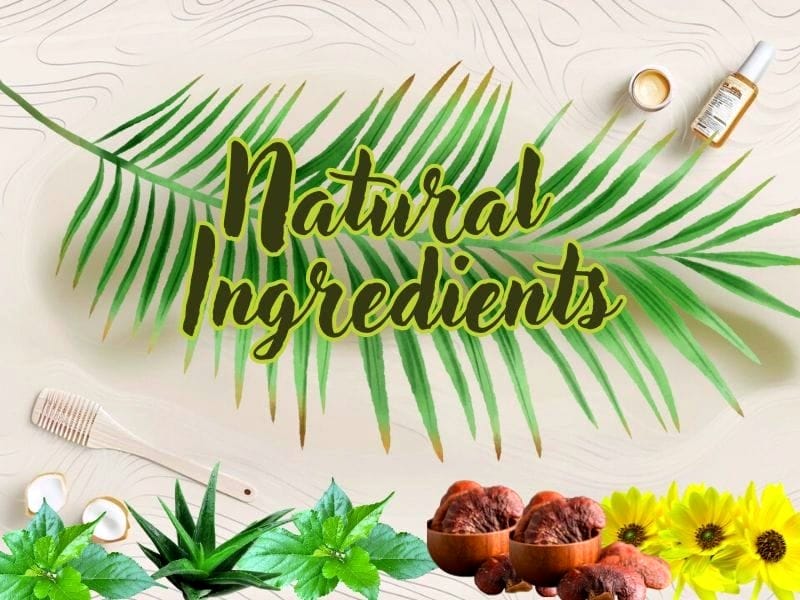
Not all plant-based ingredients are created equal. Some of the best botanical hydrators for deep conditioning include:
- Centella Asiatica: Known for its soothing and scalp-repairing properties, this ingredient helps maintain moisture balance.
- Camellia Japonica: A powerful oil that deeply penetrates to hydrate hair without leaving it greasy.
- Chlorella Ferment: Packed with antioxidants and minerals, it strengthens hair while boosting hydration.
By choosing deep conditioning treatments infused with these powerful botanicals, salons can provide superior hydration that lasts beyond a single wash.
How to Help Clients Maintain Moisture Between Salon Visits
Even the best deep conditioning treatments won’t last if clients are using the wrong products at home. Many store-bought shampoos contain harsh detergents that undo all the benefits of professional hydration treatments. Educating clients about at-home haircare myths is crucial.
Encourage them to use a sulfate-free, moisture-rich shampoo and a leave-in conditioner to maintain hydration. Recommend protective styling techniques to minimize moisture loss and prevent damage from heat or environmental factors. The more informed your clients are, the longer their hair will retain hydration.
Does pH Balance Matter for Deep Conditioning?
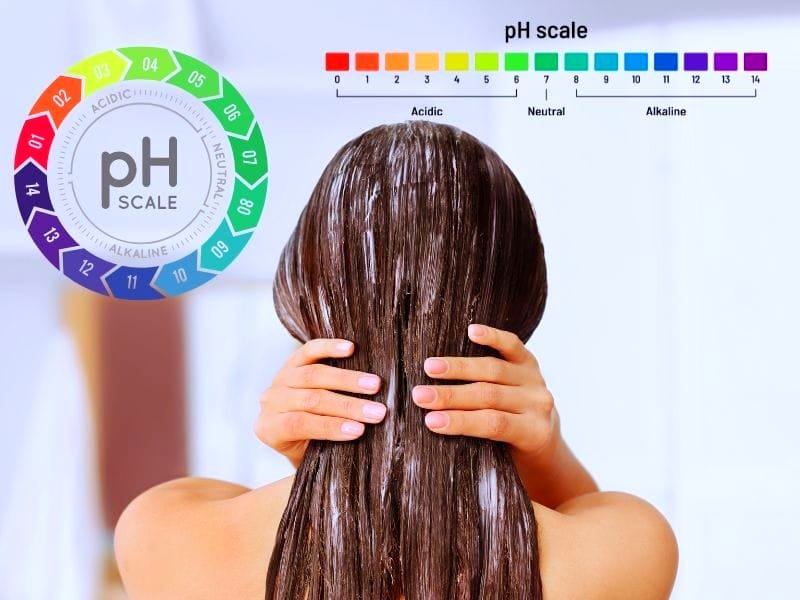
Most clients don’t think about pH balance, but it plays a huge role in hair health. Conditioners with the wrong pH can leave hair feeling dry, frizzy, or overly greasy. The right deep conditioner works with the hair’s natural acidity to seal the cuticle and lock in moisture. Without this balance, hydration evaporates quickly, leaving clients frustrated with their results.
Vegan deep conditioners are formulated to maintain optimal pH without harsh chemicals. When the cuticle is properly sealed, hair stays softer, shinier, and healthier for longer. Educating clients about pH-balanced treatments builds trust in your expertise. When they see the difference in their hair, they’ll return to your salon for more professional care.
Rethinking Leave-In Conditioners: Are They a Quick Fix or a Necessity?
Many clients see leave-in conditioners as an extra step, not a must-have. But without proper hydration and protection, their hair is vulnerable to dryness, breakage, and frizz. A well-formulated leave-in doesn’t just coat the strands—it strengthens, nourishes, and shields against environmental stressors. The right product can extend the life of their deep conditioning treatment and improve overall hair health.
Vegan leave-ins go beyond surface-level hydration. With ingredients like plant-based proteins and botanical extracts, they help repair damage and protect against heat styling. Salons that offer high-quality leave-in conditioners give clients a complete, long-term hair care solution. The more they rely on your recommendations, the more they’ll trust your salon’s expertise.
Clients Expect More: Why Standard Conditioners Aren’t Enough

Today’s clients aren’t just looking for hydration—they want hair care that aligns with their values. Many standard conditioners rely on silicones and synthetic fillers that only create the illusion of moisture. Over time, these ingredients build up, making hair feel weighed down rather than truly nourished. Salon owners who offer cleaner, plant-based alternatives stand out in a crowded market.
Vegan hair care isn’t just a trend—it’s a shift in how people choose beauty products. Clients are more aware of harsh chemicals and their long-term effects on hair health. They seek conditioners that deeply hydrate while being free of sulfates, parabens, and artificial additives. Salons that meet this demand not only build trust but also attract a loyal, eco-conscious clientele.
Your Secret Retail Weapon: The Right Vegan Hair Care Line
The right retail products can transform your salon’s success. High-performance vegan conditioners provide real hydration without harmful ingredients. Clients will notice the difference in how their hair feels and looks, making them eager to continue using the products at home. When they see results, they return for more—and recommend your salon to others.
Selling vegan hair care isn’t just about profit; it’s about offering solutions that work. Instead of just conditioning the surface, plant-based formulas nourish hair from within. Ingredients like Centella Asiatica and Camellia Japonica strengthen and repair damaged strands. By stocking the best vegan products, you position your salon as a leader in healthy, sustainable beauty.
The Retail Upsell That Feels Like a Service

When clients experience the magic of a vegan deep conditioning treatment, they don’t just see results—they feel the difference. Their hair is softer, stronger, and healthier, and they trust you as the expert who made it happen. Instead of a sales pitch, recommending salon-quality vegan hair care becomes a natural extension of your service. Clients want to maintain their results, and you have the perfect solution right on your retail shelf.
The secret? Sell the experience, not just the product. When clients understand how vegan, plant-based formulas protect and nourish their hair, they see the value in taking them home. This isn’t just retail—it’s an investment in their hair’s health and beauty. Make your retail shelf an extension of your service, and watch client satisfaction—and your profits—grow!
FAQs About Deep Conditioning
How often should clients deep condition their hair?
Deep conditioning frequency depends on hair type. Fine hair benefits from weekly treatments, while coarse or curly hair may need them 2-3 times a week.
Can you deep condition too often?
Yes! Over-conditioning can lead to moisture overload, making hair weak and overly soft. Balancing hydration with protein treatments prevents this.
What’s the best way to apply deep conditioner?
Apply deep conditioner to damp, freshly washed hair, focusing on the mid-lengths and ends. Use a wide-tooth comb to distribute it evenly.
Should clients use heat when deep conditioning?
Gentle heat (like a warm towel) can help with penetration, but too much heat can cause damage. A controlled approach is best.
Are vegan deep conditioners better than traditional formulas?
Yes! Vegan conditioners use plant-based ingredients that nourish hair from within, avoiding silicones and sulfates that can create buildup and dryness.
Final Thoughts
Give Your Clients the Results They Deserve
If your deep conditioning treatments aren’t delivering lasting hydration, your clients will notice—and they won’t settle for less. They trust you to provide solutions, not just temporary fixes. The right vegan deep conditioning treatments don’t just restore moisture; they strengthen hair, prevent damage, and keep clients coming back. Elevating your salon’s approach means offering products that align with both performance and values.
Salons that invest in plant-based, high-performance hydration see stronger client loyalty and higher retail sales. Your clients want more than a service—they want expertise, results, and products they can trust. Don’t let outdated conditioning methods hold your salon back. Ready to transform your deep conditioning experience? Sign up NOW! Message me today, and let’s create a salon strategy that drives success!

